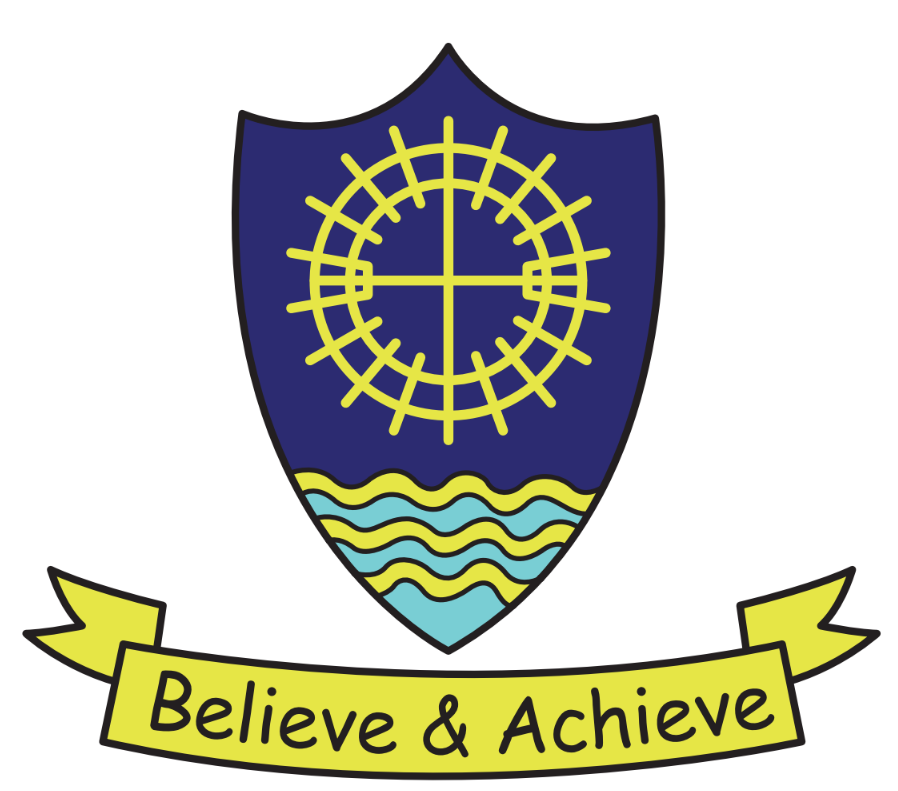History at Millbrook
The History syllabus at Millbrook primary school evokes pupils’ curiosity to know think regarding the past. The progressive nature of the curriculum equips our pupils to raise perceptive questions, think critically, weigh evidence, sift arguments, and develop perspective and judgement. History helps our children to know the complexness of people’s lives, the method of change, the range of societies and relationships between completely different groups.
Our History curriculum aims to excite our children and permits them to develop their own skills as historians. we tend to begin within the Early Years and KS1 by encouraging children to be told about their own history. We often reference timelines and guarantee key periods are sequenced chronologically, permitting children to refer back to and build on their previous knowledge.
We attempt to encourage our children to move learners with a respect for historical proof and provides them the power to form important use of it to support their arguments. Our aim is that they leave us in Year 6 immersed in and stimulated and inspired by history, ready to take responsibility and make the most effective life selections learning from the past.
Our Vision
At Millbrook Primary School, the subject of History is taught to provide a positive impact on the children’s development as Historians. We provide tools to develop their investigatory interlinking thinking skills across all subjects in the curriculum.
History at MPS encourages the enquiry approach, using artefacts, documents and other sources of quality information, incorporating novels and picture books based on historical themes. We also partake in school trip visits to historical places to complement topics being explored. Our enquiry approach encourages your child to develop their own perspective, place judgement on their ideas and support their conclusions using their higher thinking skills. History at Millbrook is all-encompassing, with your child’s developed interests always at the heart of what we do.
Millbrook Primary School's Curriculum aims
- Know and understand the history of these islands as a coherent, chronological narrative, from the earliest times to the present day: how people’s lives have shaped this nation and how Britain has influenced and been influenced by the wider world
- Know and understand significant aspects of the history of the wider world: the nature of ancient civilisations; the expansion and dissolution of empires; characteristic features of past non-European societies; achievements and follies of mankind
- Gain and deploy a historically grounded understanding of abstract terms such as ‘empire’, ‘civilisation’, ‘parliament’ and ‘peasantry’
- Understand historical concepts such as continuity and change, cause and consequence, similarity, difference and significance, and use them to make connections, draw contrasts, analyse trends, frame historically valid questions and create their own structured accounts, including written narratives and analyses
- Understand the methods of historical enquiry, including how evidence is used rigorously to make historical claims, and discern how and why contrasting arguments and interpretations of the past have been constructed
- Gain historical perspective by placing their growing knowledge into different contexts, understanding the connections between local, regional, national and international history; between cultural, economic, military, political, religious and social history; and between short- and long-term timescales.
- Links to British Values and SMSC: The UK primary history curriculum covers a broad range of topics, allowing students to explore British heritage, culture, and values, including democracy, the rule of law, individual liberty, and mutual respect. The curriculum also supports the development of SMSC by promoting reflection on personal beliefs and values, appreciation for cultural diversity, and empathy and respect for others.
How we ensure access for all:
At Millbrook, we use 'PlanBee' throughout the year groups to offer guidance to all teachers and to support our pupil's learning. We recognise that in all classes, pupils have a wide range of abilities and so we seek to provide suitable learning opportunities for all, by matching the challenge of the task to the ability of the individual. We also use a range of materials and resources to also meet individual needs.
A variety of teaching styles are used to encourage maximum participation, where skills, knowledge and understanding of Geography can grow freely. Demonstrations and techniques are given alongside a wealth of resources. Examples of pupil’s work are shown to allow critical thinking and pupils develop the skills needed to self-evaluate their own and others’ work, suggesting what has been successful and how to improve.
How we assess
We assess children by assessing children with quizzes and this will enable teachers to build on their prior learning. We use assessment grids to allow us to understand how to help children in the next unit of learning or the year ahead.
